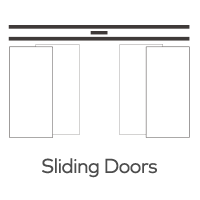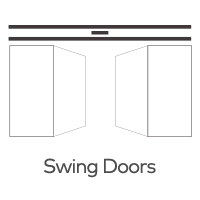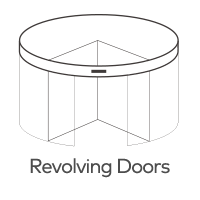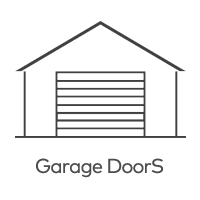Esistono opzioni efficienti dal punto di vista energetico per i sistemi automatici di apertura delle porte scorrevoli per ridurre al minimo il consumo energetico?
I sistemi automatici di apertura delle porte scorrevoli sono diventati onnipresenti in vari ambienti commerciali e residenziali grazie alla loro convenienza, accessibilità e fascino moderno. Tuttavia, le preoccupazioni relative al consumo energetico e alla sostenibilità ambientale hanno indotto lo sviluppo di opzioni efficienti sotto il profilo energetico per questi sistemi. In questo articolo, approfondiamo i progressi nella tecnologia ad alta efficienza energetica per apriporte scorrevoli automatiche e come contribuiscono a ridurre al minimo il consumo energetico mantenendo funzionalità e prestazioni.
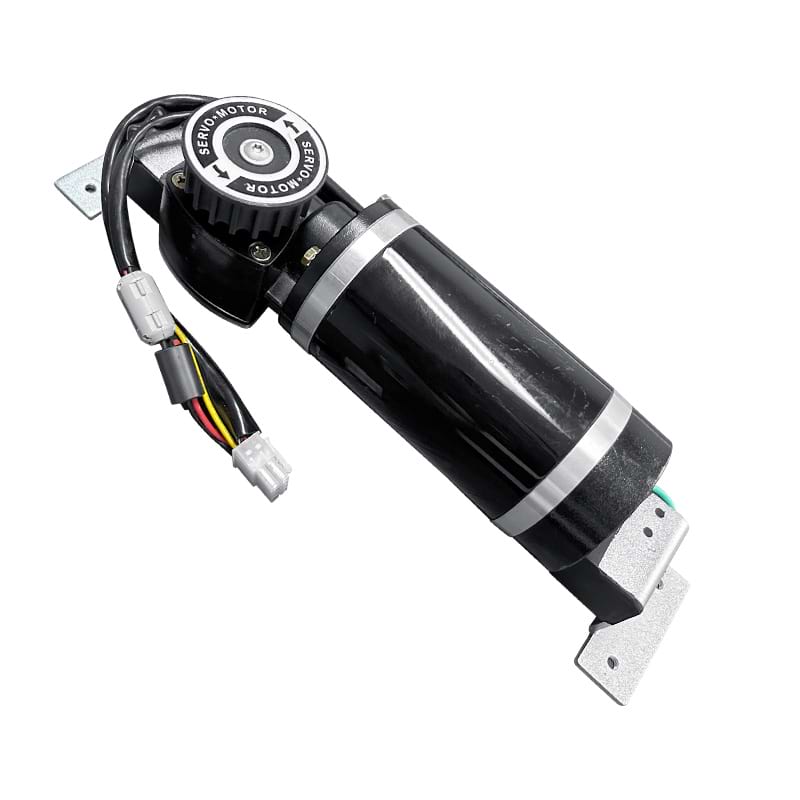
Motori ad alta efficienza energetica: uno dei componenti chiave dei sistemi automatici di apertura delle porte scorrevoli è il motore responsabile dell'apertura e della chiusura delle porte. I motori tradizionali possono consumare quantità significative di energia, soprattutto nelle aree ad alto traffico dove le porte sono frequentemente attivate. I motori sono sempre più integrati nei sistemi automatici di apertura delle porte scorrevoli. I motori BLDC sono noti per l'alta efficienza, il basso consumo energetico e il controllo preciso, che li rendono ideali per applicazioni in cui l'efficienza energetica è una priorità.
Controllo della velocità variabile: i sistemi di apertura automatica a basso consumo energetico spesso incorporano funzioni di controllo della velocità variabile che regolano la velocità di funzionamento della porta in base a fattori quali il flusso del traffico e le condizioni ambientali. Regolando dinamicamente la velocità della porta, questi sistemi ottimizzano il consumo energetico mantenendo un funzionamento regolare ed efficiente. Il controllo della velocità variabile riduce anche l'usura dei componenti, prolungando la durata del sistema e riducendo i requisiti di manutenzione.
Modalità di risparmio energetico: Molti sistemi di apertura automatica a basso consumo energetico offrono modalità di risparmio energetico che consentono agli utenti di personalizzare il funzionamento del sistema in base alle loro esigenze e preferenze specifiche. Queste modalità possono includere opzioni per ridurre il consumo energetico durante le ore fuori punta, regolare la sensibilità del sensore di movimento o abilitare le modalità standby quando le porte non sono in uso per periodi prolungati. Gestindo in modo intelligente il consumo energetico, questi sistemi riducono al minimo gli sprechi energetici senza compromettere funzionalità o sicurezza.
Tecnologia di raccolta dell'energia: Alcuni sistemi avanzati di apertura automatica delle porte scorrevoli incorporano la tecnologia di raccolta dell'energia per migliorare ulteriormente l'efficienza energetica. I sistemi di raccolta dell'energia catturano e immagazzinano energia da fonti quali la luce solare, il movimento o l'energia cinetica generata dal movimento della porta. Questa energia raccolta può quindi essere utilizzata per alimentare il sistema di apertura porta, riducendo la dipendenza da fonti di energia esterne e riducendo al minimo il consumo energetico complessivo.
Sistemi di controllo intelligenti: i sistemi di controllo intelligenti svolgono un ruolo cruciale nell'ottimizzazione dell'efficienza energetica nei sistemi automatici di apertura delle porte scorrevoli. Questi sistemi utilizzano sensori, algoritmi e funzionalità di connettività per analizzare le condizioni ambientali, i modelli di traffico e il comportamento degli utenti in tempo reale. Regolando in modo intelligente il funzionamento della porta sulla base di questi dati, i sistemi di controllo intelligenti garantiscono un uso efficiente dell'energia, soddisfacendo al contempo le esigenze dell'utente in termini di accessibilità e convenienza.
Conclusione: Le opzioni efficienti dal punto di vista energetico per i sistemi automatici di apertura delle porte scorrevoli offrono una soluzione convincente per ridurre al minimo il consumo energetico mantenendo funzionalità e prestazioni. Attraverso i progressi nella tecnologia del motore, il controllo della velocità variabile, le modalità di risparmio energetico, la raccolta dell'energia e i sistemi di controllo intelligenti, questi sistemi ottimizzano l'utilizzo dell'energia in varie applicazioni commerciali e residenziali. Poiché la sostenibilità diventa sempre più importante nella progettazione e nel funzionamento degli edifici, i sistemi di apertura automatica delle porte scorrevoli a basso consumo energetico svolgono un ruolo fondamentale nella promozione del risparmio energetico e della responsabilità ambientale.


